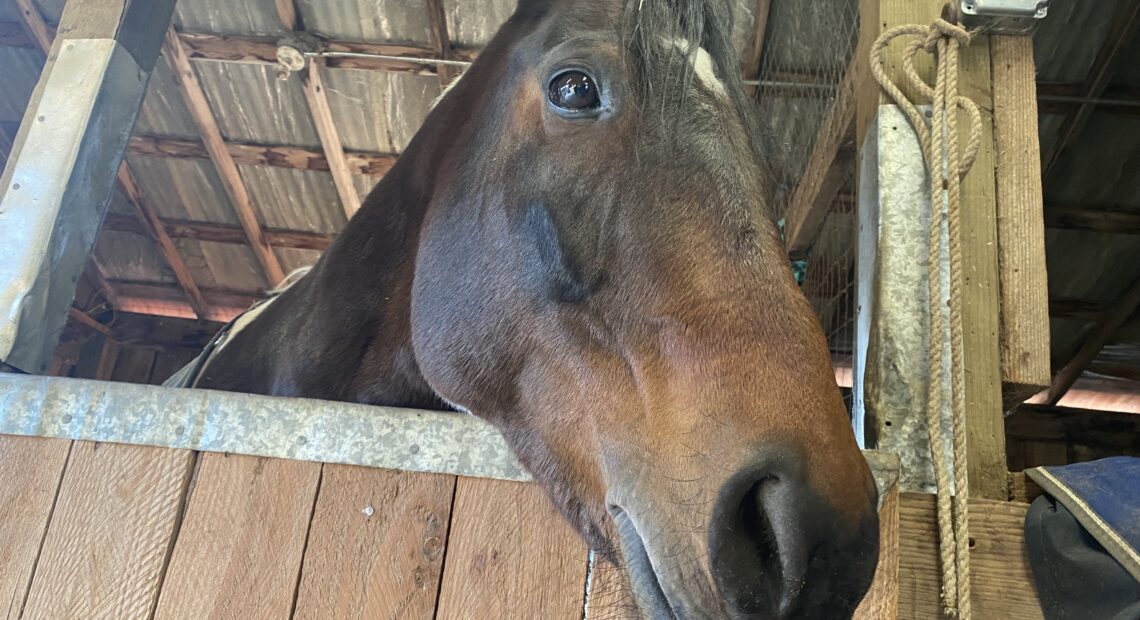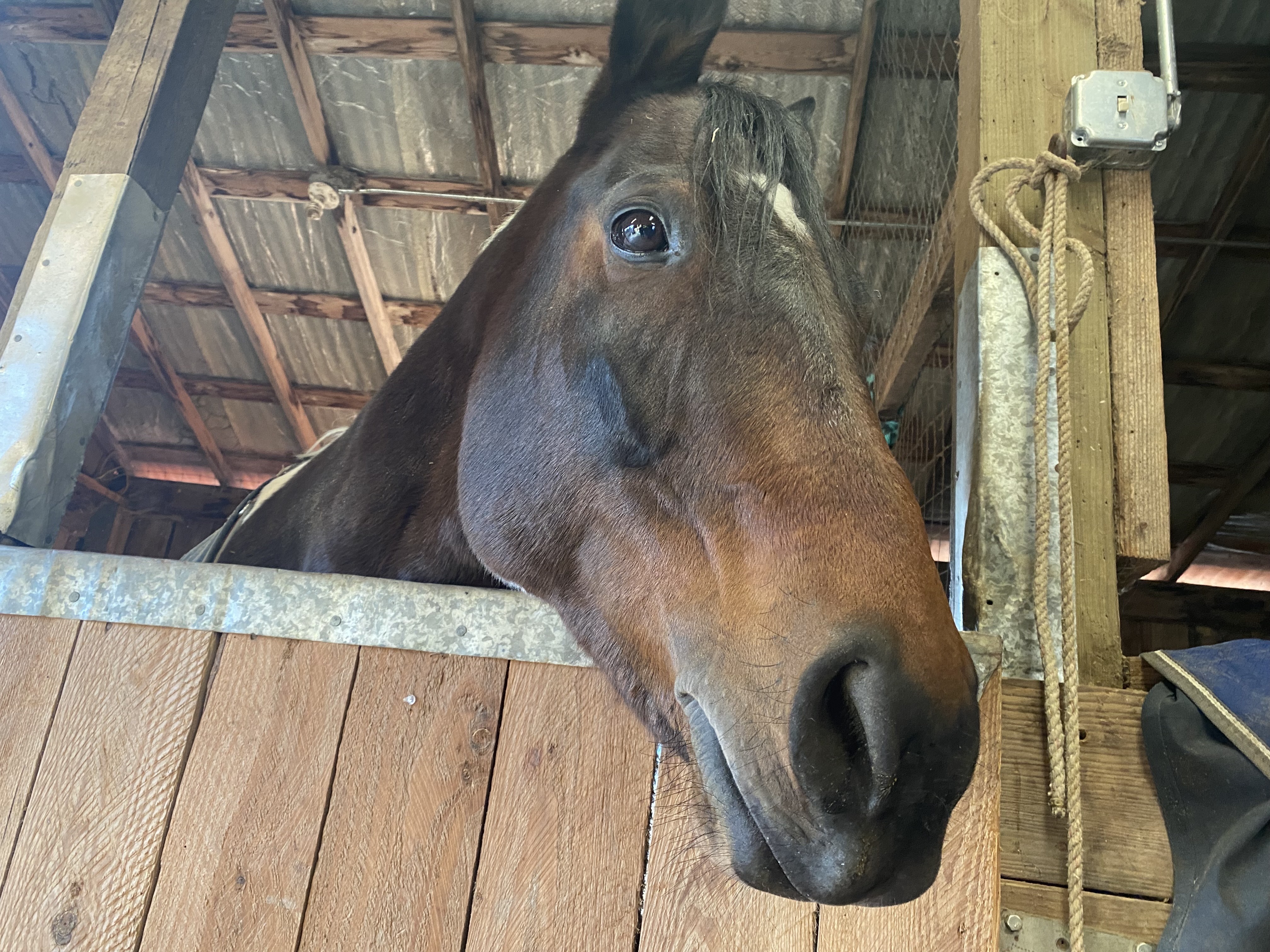
Popular horse facility quarantined after equine herpes causes two animals to be euthanized
Watch
Listen
(Runtime :58)
Read
Washington state agriculture officials are trying to stop the spread of a deadly variant of equine herpes that’s in Spokane County. The disease has caused two horses to be euthanized over the weekend.
“Equine herpes virus is very contagious,” said Washington State Veterinarian Dr. Amber Itle. “Shared equipment, or your horse sneezes on your jacket and you go into another stall … Anywhere where we are sharing equipment, grooming equipment or shared spaces, we are going to increase the risk of spreading this virus between horses.”
An unknown number of horses have been exposed to the neuropathogenic strain of equine herpes virus, Itle said. The facility associated with the two euthanized horses — J Spear Arena in Cheney, Washington — regularly hosts large events like weekly team ropings. J Spear Arena has said it is quarantining and is closed until further notice on its Facebook page, and in a call Monday.
“We certainly know this is a fatal disease of horses,” Itle said. “This is serious, and we need to take this virus seriously.”
The disease is a variant that attacks the nervous system of the horse. Itle said she doesn’t want this virus to move beyond those possibly exposed in Spokane, Whitman and Lincoln counties.
“And I know that’s really, really, hard when we have places we want to go and things we want to do,” Itle said. “And we’ve got shows and events and we have other training obligations. But really, the best thing we can do, the best way we can be a good neighbor is to not move our horses, and really monitor them.”
Equine herpes virus doesn’t spread to people, Itle said. But people with horses that may have been exposed are encouraged to keep them quarantined away from other animals, and seek a vet if a horse has a temperature of 101.5 or higher.
Many horses at events can bring the virus home to older, or immunosuppressed horses at their home barn.
“People can move horses not just once a week, but maybe multiple times a week,” Itle said. “Horses can carry this, and not be symptomatic. But with the wrong virus in the wrong horse at the wrong time, we can have some susceptibility there.”
















